8th European Congress of Virology 2023
8th European Congress of Virology (ECV) is Europe’s largest virology congress, attended by European scientists working in various fields of virology. The Congress takes place every 3 years, the previous one, in 2019, was held in Rotterdam, and in 2016 in Hamburg. This year, the congress was held in Poland for the first time, in Gdansk.
The European Society of Virology entrusted prof. Krystyna Bieńkowska-Szewczyk organization of the reunion in 2022, but due to the ongoing pandemic, the date was postponed to 2023. The congress was co-hosted by prof. Thomas Mettenleiter, President of the Friedrich Loeffler Network of Research Institutes (FLI) in Germany and WHO expert.
The Congress was held at the Baltic Philharmonic on May 4-7, 2023. Almost 650 participants took part in the conference and shared their scientific experience and knowledge during interesting talks and poster sessions. Full information about the congress is presented on the website: https://www.eusv-congress.eu
It was the first such broad meeting of European virologists after the pandemic. The congress was attended by many outstanding scientists, e.g. prof. Ralf Baltenschlager (Univ. of Heidelberg), prof. Marion Koopmans (Erasmus University of Rotterdam), prof. Albert Osterhaus (Hannover), prof. Chiara Zurzolo (Pasteur University, Paris), prof. Volker Thiel (University of Bern).
The Congress began on May 4, the guests were welcomed by the Marshal of the Pomeranian Voivodeship, Mieczysław Struk. The first session of the day, led by prof. Bieńkowska-Szewczyk and prof. Wolfgang Preiser from Cape Town (South Africa) was a summary of the work experience of virologists during the Covid-19 pandemic.
Over the next three days, lectures and presentations were conducted simultaneously in 4 halls of the Baltic Philharmonic, attended by 650 scientists, not only from European countries, but also from, among others, Japan, USA, Taiwan and Australia. More than 70 lectures were delivered on a wide variety of viruses and topics in viral molecular biology, epidemiology, viral technology and immunology. Many lectures focused on the latest data on the SARS-CoV2 virus, Covid 19 and vaccines. Scientists working at BioNtech and CureVac reported on the work on mRNA vaccines carried out to combat the SARS-CoV2 virus and further projects aimed at creating new antiviral vaccines.
Prof. Laura Folgori from Italy discussed the history of the creation and prospects for the development of vector-based vaccines, based on, among others adenoviruses. The symposium devoted to the history and latest achievements of virology (125 Years of Virology), where lectures were given by prof. Thomas Mettenleiter and Prof. Albert Osterhaus.
Many specialized topics, including neurological sequelae of viral infections, the latest viral imaging techniques, viral evolution, viral vector therapies was the subject of separate sessions. Some of the lectures were devoted to the latest research on influenza virus and other respiratory pathogens. Several presentations were given by Polish scientists from Gdańsk, Kraków and Warsaw. Among over 400 posters presenting the results of virologists’ work. there were also several posters from Poland. Several of their authors were honored, and the prizes were funded by, among others, Marshal of the Pomeranian Voivodeship and Rector of the University of Gdańsk. Young scientists from Gdańsk virology research groups also supported the organization of the congress as volunteers – their orange scarves with the logo of the congress were visible in all rooms.
In addition to scientists, the congress was also attended by many biotechnology companies presenting their achievements and products. Some of the companies – Moderna, Thermo Scientific – organized their own short symposiums. Gdańsk’ companies were represented by AA Biotechnology and NanoExpo.
The program of the reunion also included a special evening on the 34th floor of the Olivia Star skyscraper, from where the participants admired the view of the sea, Oliwa and the campus of the University of Gdańsk.
The scientific program of the congress, its location in the Baltic Philharmonic and the entire organization were highly appreciated by the participants. Members of the Council of the European Society of Virology considered the Congress in Gdańsk to be the most interesting and best organized congress in the 20-year history of these congresses. Prof. Krystyna Bieńkowska-Szewczyk received, as a token of appreciation, a commemorative medal of the Fredrich Loeffrel Institute.
Virology is a field of science that has been the focus of the world’s attention in recent years and is the focus of interest for many pharmaceutical companies. The Gdańsk virological research center is well known in the international environment, as evidenced by the choice of our city as the venue for the prestigious conference. During the pandemic, virologists from Gdańsk undertook numerous practical activities (organization of diagnostics and genetic tests of the SARS-CoV2 virus) and information. At the Intercollegiate Faculty of Biotechnology, the most modern virological laboratory in Poland with a high degree of biological safety was established. The further development of virology in Poland depends to a large extent on the intensive development of international cooperation, to which the great success of the European Virology Congress in Gdańsk will certainly contribute.
https://ug.edu.pl/news/pl/5255/europejski-kongres-wirusologiczny-w-gdansku
Fot. Alan Stocki/Press Team
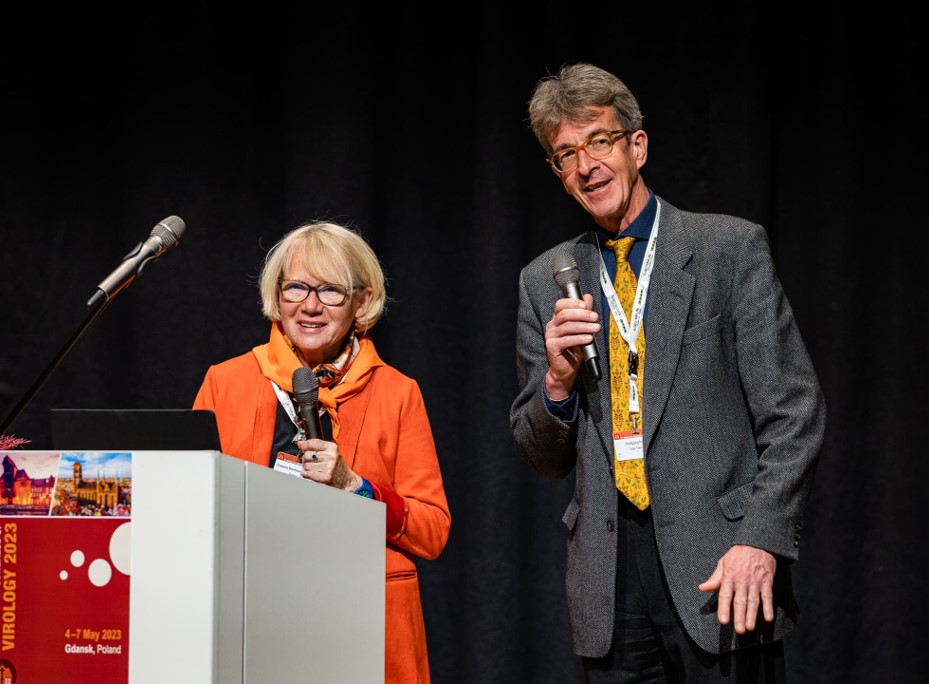
Prof. Krystyna Bieńkowska-Szewczyk and prof. Wolfgang Preiser (University of Stellenbosch, Capetown, SA) during interactive session about post-pandemic COVID-19 experiences.
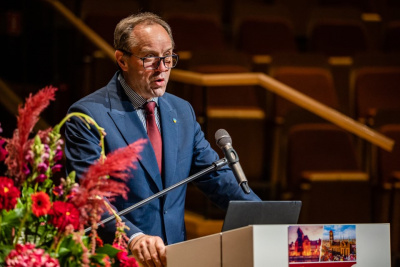
Marshal of the province Pomeranian Mieczyslaw Struk
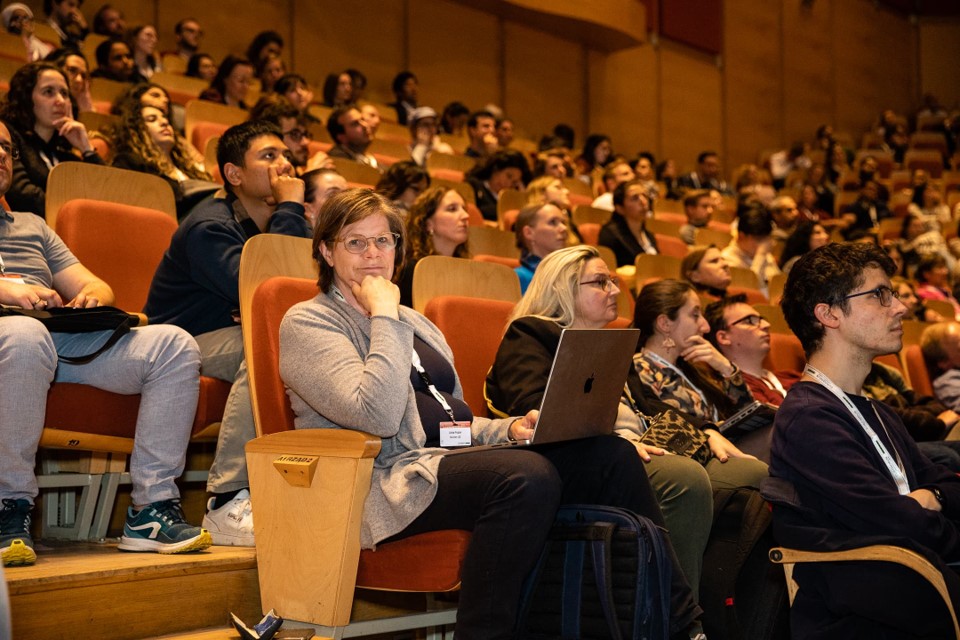
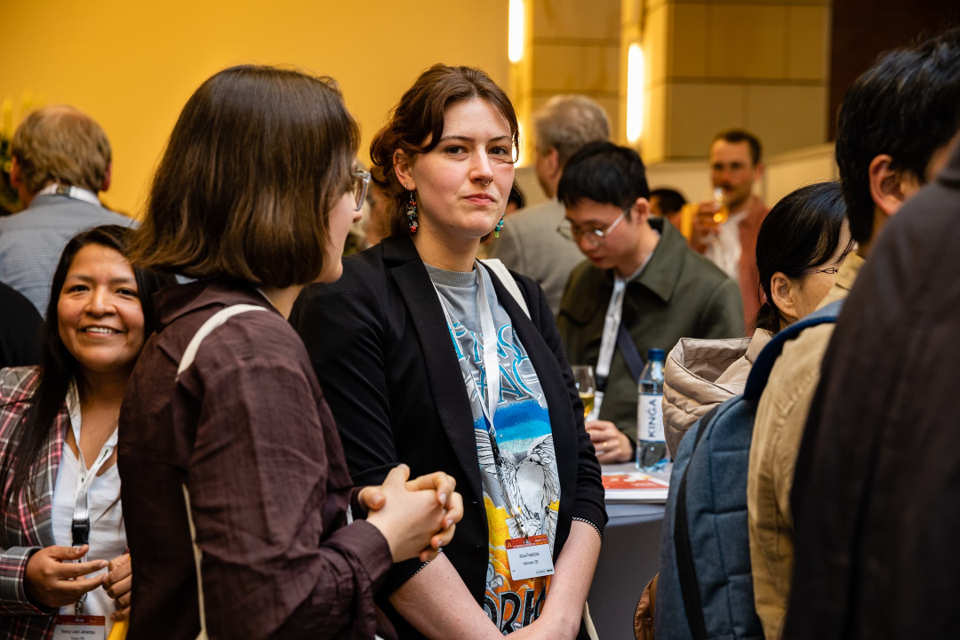
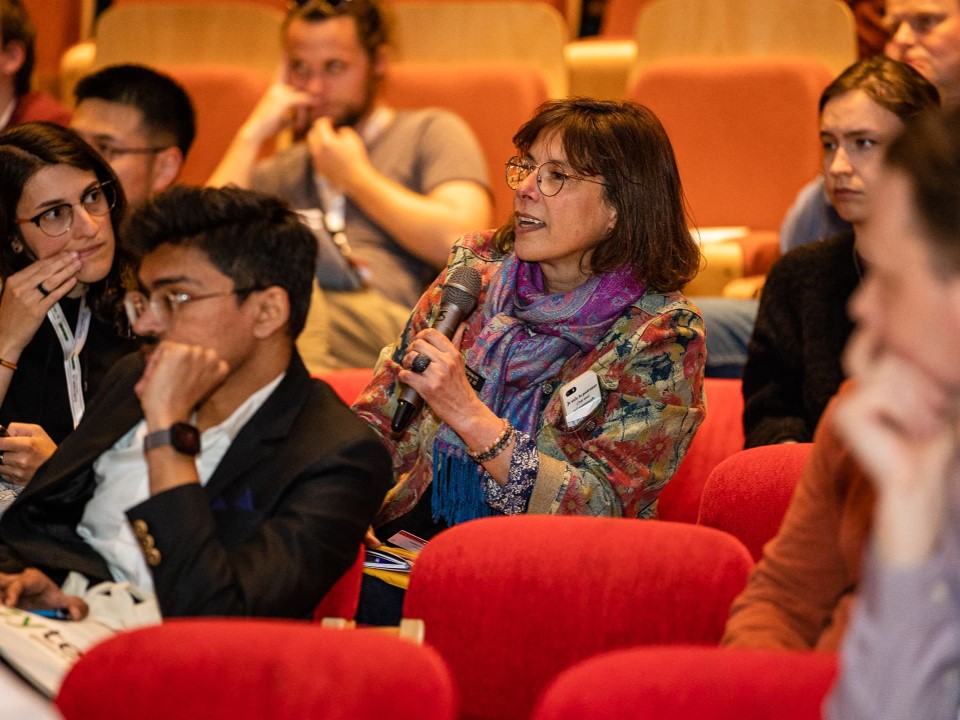
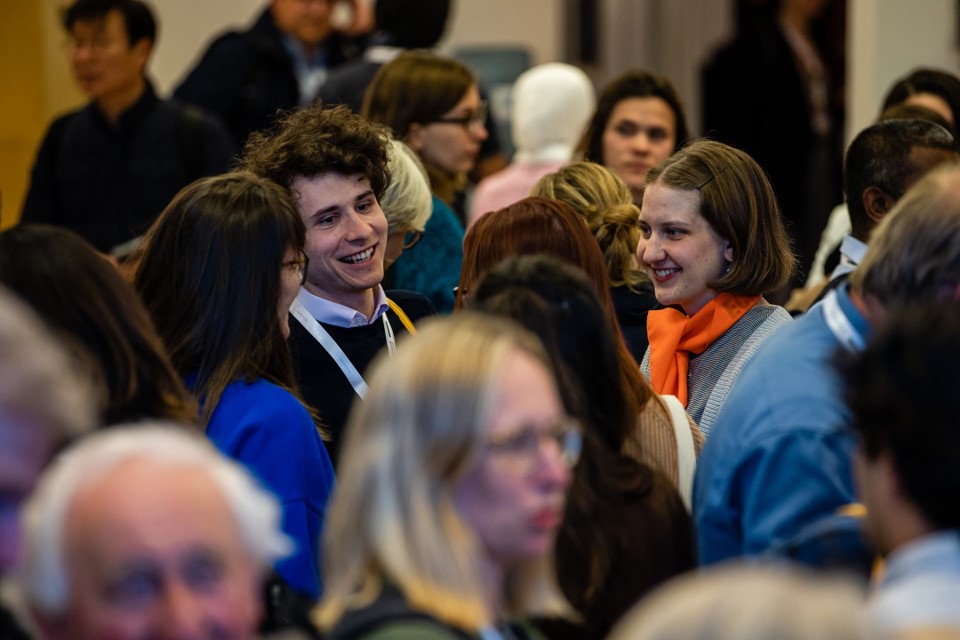
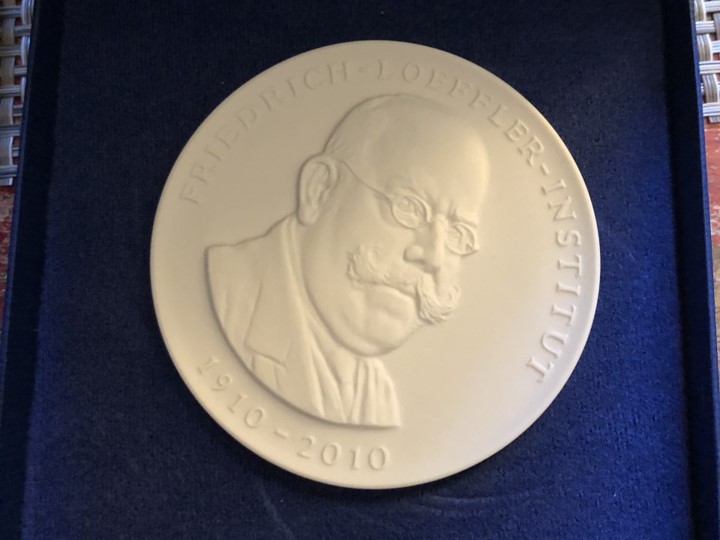
Medal of the Fredrich Loeffrel Institute


